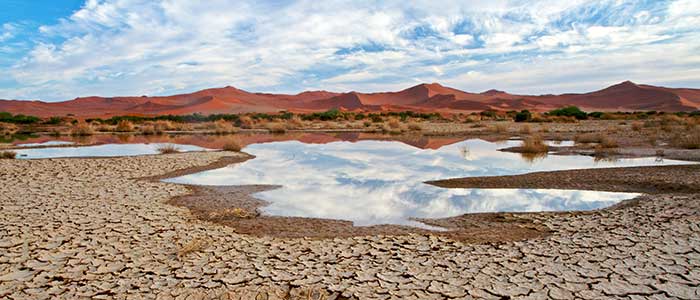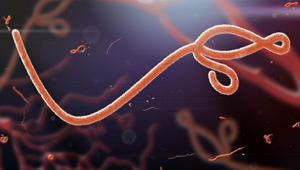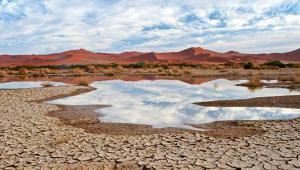Web_DroughtZambia_shutterstock_74778760.jpg

Drought in Africa
The WHO estimates it will need an initial $8m to provide an effective and coordinated response as the worsening weather phenomenon exacerbates existing epidemics and the risk of malnutrition, water-borne diseases as well as malaria.
Dr. Kebba Jaiteh, the WHO emergency response coordinator in Ethiopia, raised concerns there was not adequate resources to respond to the evolving situation. “Without a proper response, El Niño could reverse years of health progress in the country,” he said.
Ethiopia is the country hardest hit by the cyclical warming of the tropical Pacific, which affects rainfall patterns and temperatures worldwide. Severe drought linked to El Niño has already plunged some 8.2 million people into need of urgent food assistance, and the WHO said the situation is expected to worsen over the next eight months.
An estimated 400,000 children in the country are at risk of severe malnutrition next year. Some 700,000 expecting and recent mothers are also at risk.
Dr. Michelle Gayer, interim director of the WHO’s emergency risk management & humanitarian response department, noted that the food security emergency comes “against a back drop of multiple ongoing epidemics in the country” such as a measles outbreak.
She added that malnutrition predisposes people, children in particular, to more severe infectious diseases that can kill quickly.
The WHO said the Ethiopian Ministry of Health and its health partners were working to respond to a number of disease outbreaks. However, singifncanct unding gaps existed in areas such as measles vaccination of children between five and fourteen.
Aside from drought, El Niño is also expected to cause heavy rainfall at an abnormal time, leading to flooding across much of the Horn of Africa including Ethiopia. The WHO is anticipating an increase in infectious, water- and vector-borne diseases, acute watery diarrhoea and complications arising from malnutrition.
The WHO has deployed an emergency response team to coordinate the health response across the country, identify resource needs and ensure life-saving and routine care needs while scaling up the humanitarian health response.
But Gayer said this is “just the beginning” of what the health sector is going to need in the coming months to address the health consequences of El Niño in both Africa and other parts of the world.













